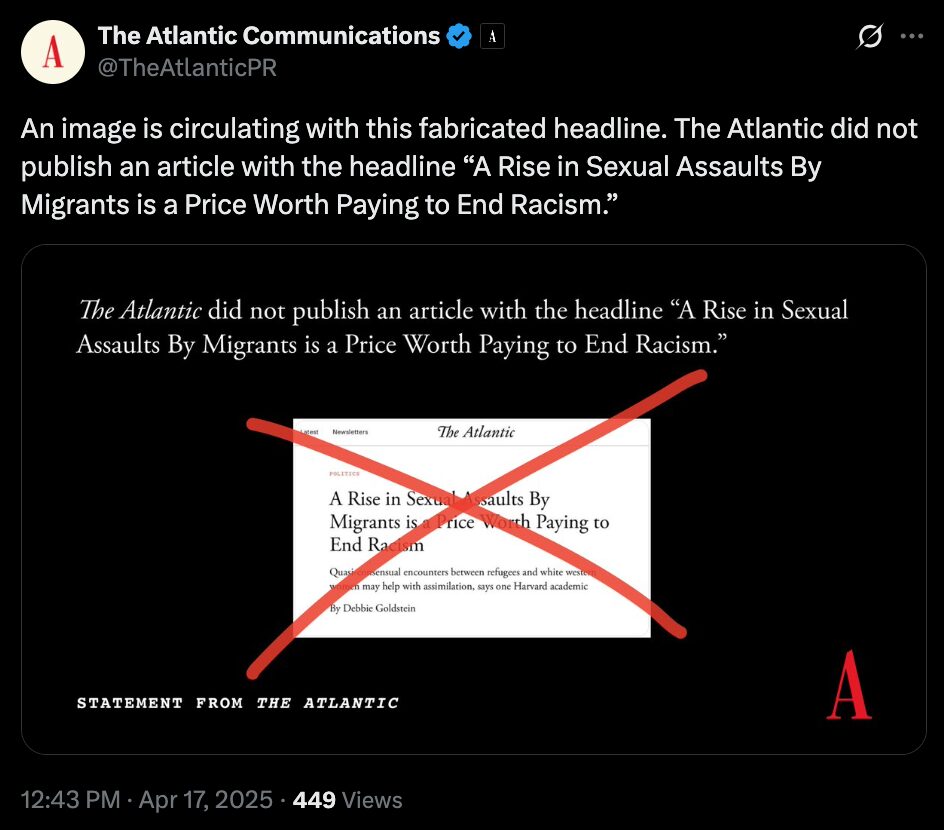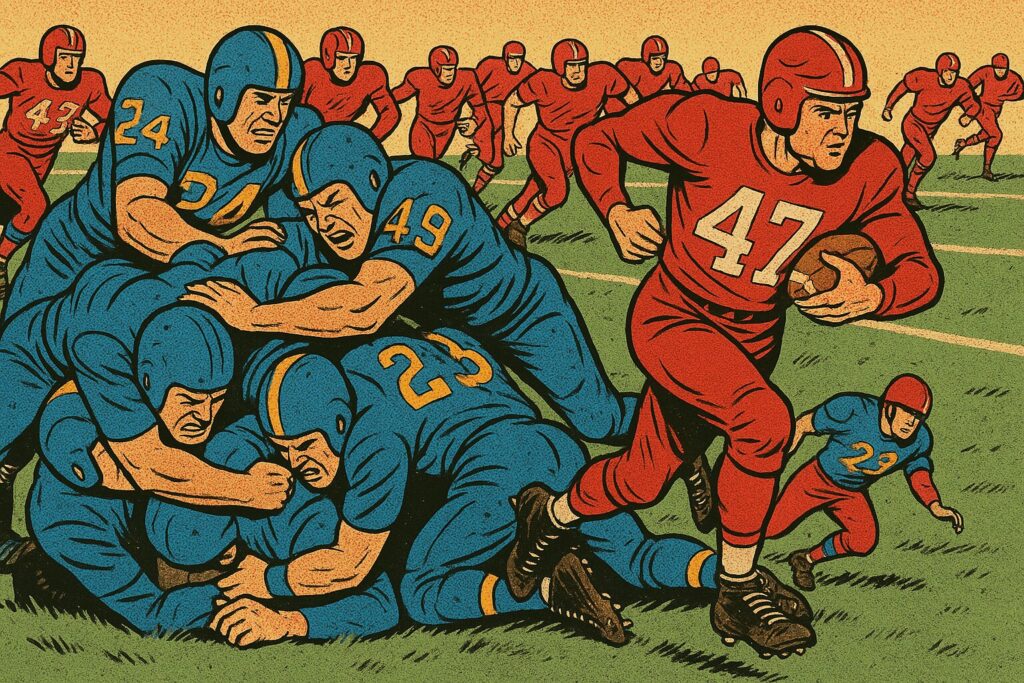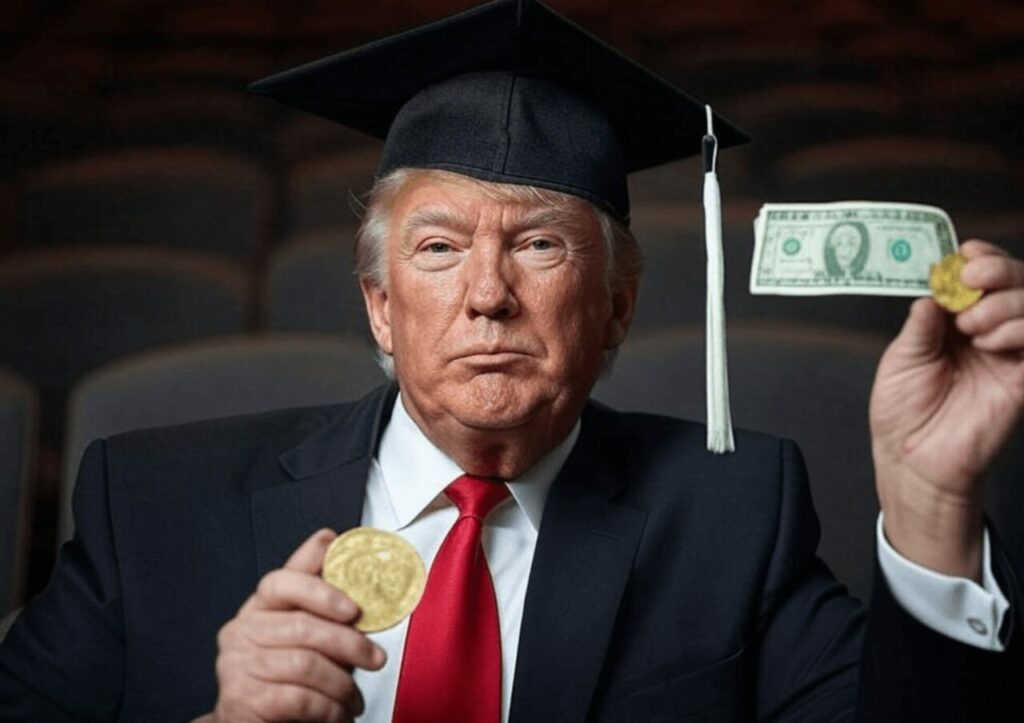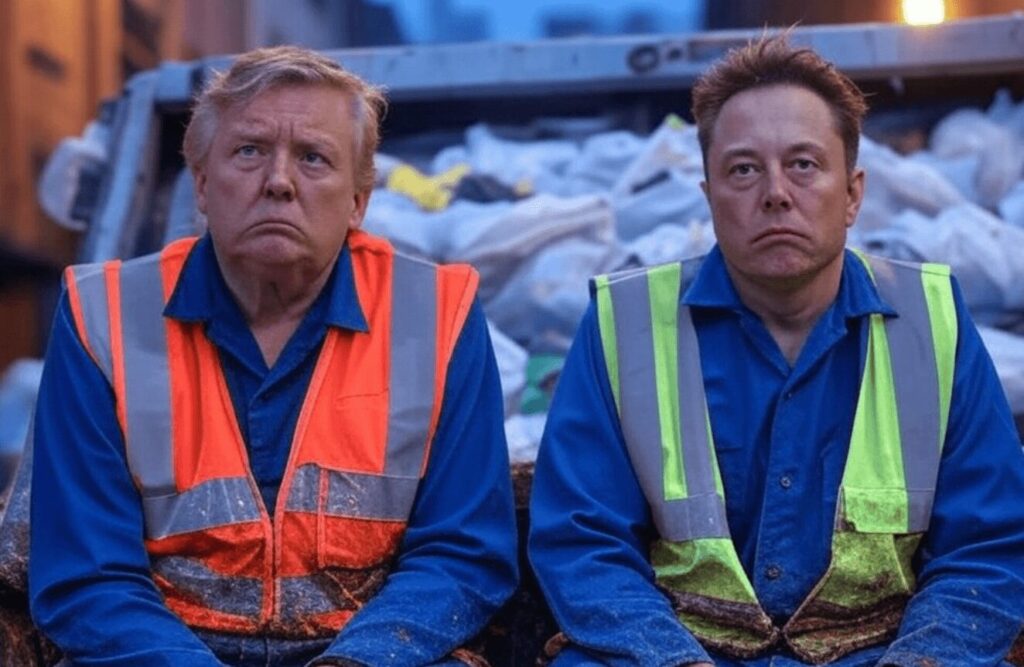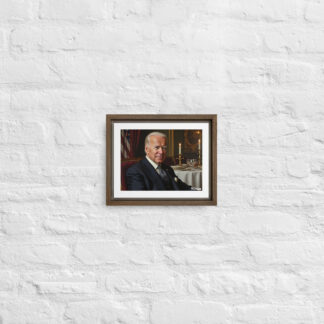Debating capitalism vs. democracy is futile, but a lot of people try it. The claim that capitalism and democracy are incompatible is a common oversimplification.
Recently, Krystal Ball, a political commentator, echoed this sentiment in response to Amazon’s $40 million documentary about Melania Trump, framing it as a symptom of capitalism undermining democratic values. However, this critique fails to address the deeper governance and systemic issues at play.
Democracy and capitalism are incompatible. https://t.co/c6Uqf1KVPH
— Krystal Ball (@krystalball) January 9, 2025
This article refutes such claims and clarifies the true relationship between capitalism and democracy using practical analogies, while also critiquing how public-private partnerships and corporate shareholder structures undermine fair competition.
Capitalism vs. Democracy Is Not Comparing Apples To Apples

To understand the relationship between capitalism and democracy, it’s essential to distinguish between their roles:
- Capitalism is like selling apples for dollars. It’s a trade system that facilitates the exchange of goods and services through an agreed-upon currency.
- Democracy is like the regulation of apple production and trade. It ensures that production and trade adhere to societal standards of fairness, safety, and accountability.
These systems are not inherently at odds—they deal with overlapping but fundamentally distinct aspects of human organization. Suggesting that capitalism and democracy are incompatible is as illogical as claiming that selling apples for dollars is incompatible with regulating apple production.
The real issue arises when governance fails to regulate capitalism effectively, allowing corruption and exploitation to flourish.
Recent Amazon Documentary Is A Case Study In Dysfunctional Oversight
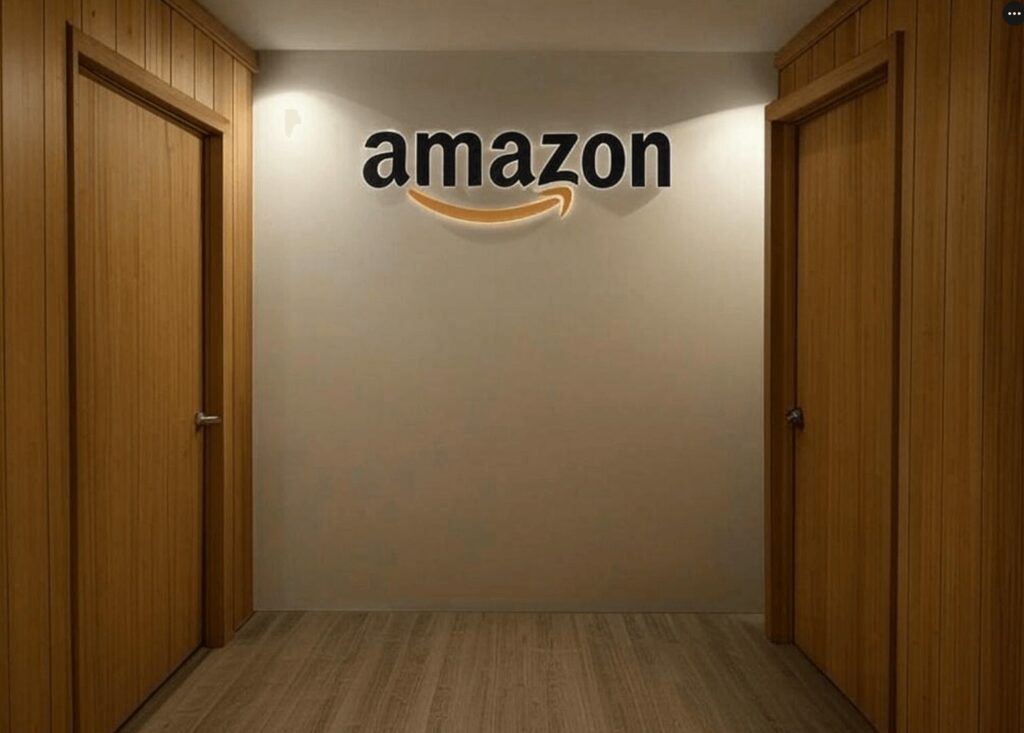
Krystal Ball’s critique of Amazon’s $40 million documentary about Melania Trump points to legitimate concerns about wealth and influence but misattributes them as inherent flaws of capitalism. In reality, the example highlights a governance failure exacerbated by distortions in public-private partnerships and shareholder dynamics.
- 2020 State of Emergency and Market Distortions
- In 2020, after Donald Trump declared a state of emergency and effectively stopped the economy, major corporations like Amazon were allowed to continue operating while independent production companies and media distributors were sidelined.
- These corporations not only thrived but also received disproportionate financial aid intended to stabilize the economy. This created a lopsided market where smaller companies, like myself, were unable to compete with giants like Amazon.
- No Fair Bid Process
- As a publicly traded company, Amazon should ensure fair bidding for projects like the Melania Trump documentary to protect shareholder interests.
- However, Amazon’s major shareholders often have significant stakes in its competitors and other entities across the stock market. This creates an incentive to bypass fair competition in favor of reinforcing a system of control that protects their collective interests.
- Not a Monopoly, But a Bastardization of Competition
- Amazon does not monopolize any single industry—there are competitors in all its business units. However, its ability to dominate multiple sectors simultaneously gives it disproportionate leverage.
- This dynamic, combined with shareholder overlaps, distorts fair market practices and undermines competition without breaching traditional definitions of monopoly.
A Socialist Undertone To Modern American Capitalism

What Krystal attributes to capitalism is, in fact, closer to socialism. Amazon’s operations increasingly resemble a public-private hybrid model:
- Government-Enabled Dominance: Through subsidies and regulatory leniency, Amazon has become a quasi-extension of state power.
- Concentration of Control: By monopolizing production (e.g., making the film) and distribution (e.g., streaming the film), Amazon limits opportunities for smaller creators, restricting competition in a way that mirrors state-controlled economies.
True capitalism would foster competition, allowing independent filmmakers to compete for projects like the Melania Trump documentary. The current system suppresses that potential, not because of capitalism itself, but because of governance failures that enable this distortion.
The Oversight Failure Is That Capitalism Needs Democracy

The compatibility of capitalism and democracy depends on strong governance. Just as apple production requires regulation to prevent exploitation, capitalism requires democratic oversight to ensure fairness and accountability. Here’s how democracy can regulate capitalism effectively:
- Antitrust Enforcement: Break up concentrated corporate power to foster competition and innovation.
- Transparent Subsidies: Ensure government financial aid is distributed equitably, prioritizing public benefit over corporate consolidation.
- Fair Bid Processes: Publicly traded companies receiving government benefits should open projects to competitive bidding, allowing smaller creators to compete.
- Campaign Finance Reform: Limit corporate influence in politics to prevent undue sway over democratic institutions.
When democracy fails to provide this oversight, capitalism is distorted, allowing corporations to consolidate power in ways that harm both markets and society.
Krystal Ball’s Oversimplification Is Common Wrong-Think

Krystal Ball’s claim that “democracy and capitalism are incompatible” reflects a fundamental misunderstanding of these systems. By conflating trade and governance, she distracts from the real issue: governance failures that distort capitalism and undermine democracy.
Her critique, like those of her husband Kyle Kulinski, exemplifies a broader problem in political commentary—oversimplification. By reducing complex systems to ideological soundbites, they miss opportunities to propose actionable solutions. Their self-identification as “left-wing” also perpetuates outdated labels rooted in the French Revolution, which fail to address modern political and economic challenges.
Instead of offering meaningful reforms, they perpetuate rhetorical debates that amount to little more than performative outrage.
Settling the Debate & Key Takeaways

- Capitalism and Democracy Are Complementary Systems:
- Capitalism provides the trade framework, while democracy provides the governance needed to regulate it. They are not inherently at odds.
- Amazon’s Case Highlights Governance Failures:
- The company’s dominance stems from a failure of democratic oversight, not capitalism itself.
- Regulation Is Key:
- Strong democratic institutions can prevent the distortions seen in Amazon’s behavior by enforcing fair competition and accountability.
- Critics Need Nuance:
- Oversimplifications like Krystal’s claim do a disservice to meaningful discourse. Instead of blaming capitalism, we should focus on how democratic governance can reform the system.
Balancing Trade and Governance Is Critical
The capitalism vs. democracy debate persists because of misconceptions about their roles.
Capitalism, in essence, is a tool for trade; however, it is not a governance system. Similarly, democracy operates as a framework for regulation, yet it is not an economic model. Therefore, the real challenge ultimately lies in aligning these systems effectively to serve the public good.

By focusing on governance reforms—such as antitrust laws, campaign finance reform, and transparent subsidies—we can ensure that capitalism supports democratic values rather than undermining them. Instead of reducing the conversation to ideological slogans, we need to address the root causes of corruption and inequality. That’s how we settle the capitalism vs. democracy debate—and move toward a fairer, more prosperous society.


